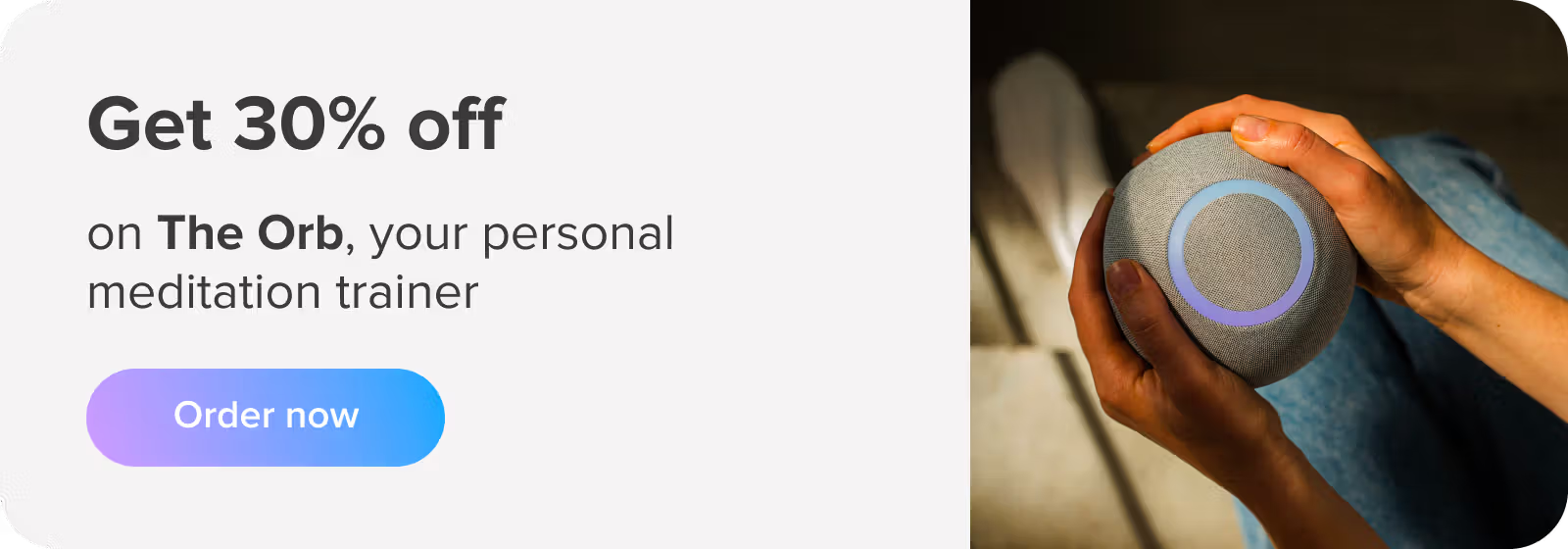The four-day workweek. The three-day weekend. The long weekend. Or simply, 3-4-3.
Whatever you call it, the idea of shortening the workweek and lengthening the weekend is gaining steam around the world. Earlier this year, over 900 workers in 33 companies in the US and Ireland participated in a six-month-long test of a four-day workweek, to find out the impact on employee productivity and wellbeing.
Now, the results are in. 97% of employees said they enjoyed having an extra day to themselves and wanted to continue. Meanwhile, the companies reported an average 8% increase in revenue during the test period and a 38% increase compared to the same period the previous year.
Is a shorter workweek really as good as it seems? Is a three-day weekend what we’ve needed all along? Our bodies and minds appear to be saying “yes”. The question is why.
The psychological benefit of a three-day weekend
Everyone loves a long weekend. Many people take advantage of the extra time off to book a short holiday. Others invite friends and family over to catch up over a long delicious meal. Yet others take the opportunity to just switch off and unwind, sleeping in, going for long walks, reading or watching TV.
A three-day weekend has immense psychological benefits. Unlike the regular weekend, three days provides enough time to really rest, relax and recharge. In fact, research suggests that the two-day weekend may actually be detrimental to our health and wellbeing, and here’s why: On the weekend, people change their routine, sleeping in longer and staying up later. The body’s circadian rhythm shifts, but it must also return quickly to the work schedule. All these changes within just 48 hours are stressful on the body and its physiological functioning, which is stressful mentally and emotionally too.
Another advantage of a three-day weekend is that the time until the next weekend is shorter, making the workweek ahead less daunting. This may seem like a simple point, but it can have a profound effect on work-life balance. The “Sunday scaries” and the “Monday morning blues” are real, and a common cause of workplace anxiety. A long weekend is a perfect antidote.
The benefits of having long weekends for mental health
The move towards a three-day weekend is gaining momentum. The mandated work-from-home policies during COVID only provided more wind to the sails. In 2021, an article in The Atlantic was not shy in calling to “Kill the 5 day work week”. More businesses are coming around to the idea because the mental and physical health benefits of a shorter working week for employees are already proven. Let’s take a look at some of them:
Reduced stress and cardiac problems
Overwork is undeniably linked to stress, which leads to heart disease and even death.
A massive meta-analysis published in The Lancet studied 600,000 workers in several countries and found a 33% increase in the risk of stroke and a 13% increase in the risk of cardiac disease among people who worked 55 hours a week or more, compared to those who worked 40 hours or less. Similar correlations were found for diabetes.

Improved overall health
A long weekend offers more breathing room to engage in healthy activities that promote well-being. People have more time to exercise, play their favorite sports, attend the gym, practice yoga, and meditate.
There is also more time to prepare healthy home-cooked meals, rather than relying on fast food takeaway and cafeteria lunches. Plus, people can enjoy social get-togethers, hobbies, and other leisure activities that bring pleasure, which is great for releasing feel-good hormones, lowering stress, and boosting mental health.
Better sleep
Sleeping in on weekends and sleeping longer have been shown to improve health and longevity. Long weekends provide ample opportunity for people to relax their sleep routines, sleep in later and catch up on lost sleep. In addition, having three mornings a week where you don’t have to set your alarm and get up early is a great stress reducer.
Disconnect and recharge
Unwinding from the pressures of the workweek can be a slow process. A three-day weekend provides ample time to turn off the computer, switch out of work mode, and invest in doing things that recharge body and soul.
People can break up all their obligations and activities over three days rather than two, so there's no need to sacrifice one activity for any other. For example, if your friend has a birthday party, but you really need to chill and meditate, there’s enough time in a three-day weekend to do both, without feeling pressured, guilty, or rushed. This is an amazing boon for reducing stress levels and maintaining mental health.
Healthy weekend getaways
Believe it or not, a weekend getaway is actually healthier for you than an extended vacation. That’s according to 87% of Americans who were surveyed. Why? Because most workers find that after a long vacation, they tend to work overtime to catch up on the work they missed. This causes stress and burnout and negates the positive effects of the vacation. What’s more, a long vacation is more stressful to plan, not to mention expensive, so people don’t take them often.
On the other hand, a 3-day holiday over a long weekend is a convenient and affordable opportunity to enjoy a healthy change of scenery and a change of pace, recharge physically and mentally, and come back to the job refreshed – without any nasty consequences.
Work better, feel better
The most powerful testimony for a three-day weekend is that employees become more energized and less stressed, yet there is no loss at all to productivity. That’s according to a study in Iceland involving 2500 workers who reduced their workweek to just 35-36 hours. Participants also reported that shortening the workweek fostered a greater sense of respect – they no longer felt like ‘machines’, but like valued individuals with private lives, hobbies, and interests outside of the workplace. This is incredibly powerful to boost self-worth, motivation, and well-being.
Is working 7 days a week bad for mental health?
In a word, yes!
Humans are not machines, and we are not built for constant work. Indeed, the concept of the weekend comes straight out of the bible – the ‘sabbath’ was a day of rest, when no work was permitted. In modern times, this has become a two-day weekend, when people have time off work to spend with family, focus on their relationships, develop their hobbies and passions, and yes, take some well-deserved physical and mental rest.
What’s more, workaholism is shown to be related to poorer health and relationship difficulties. In developed countries, laws are in place to mandate the maximum number of hours an employee can work in a set time period and to prevent the negative moral, physical, and emotional consequences of overwork.
Even in cases where a person wants or needs to work every day, for example, if they are building their own business or working towards a big deadline, it is still advisable to take breaks and to carve out a weekend.
This is essential to mental health and well-being.
Reduce your stress with a biofeedback device on your long vacation
Whether two days or three, the weekend is always going to be shorter than the workweek. It is wise to make the most of the space and freedom that the weekend brings to focus on your mental health and well-being. One way to do this is with a biofeedback device that can help accelerate your relaxation practice and reduce your stress levels more quickly and efficiently.
With the Reflect biofeedback device, place your hands on the orb, and start your breathwork, meditation or relaxation exercise. The device tracks your heart rate, breathing rate, and more through the skin of your hands, and displays the changes as they occur.
With this information, you can train your brain to achieve that relaxed state during the workweek or whenever you feel stress building.
You don’t need any special equipment or body sensors to experience the wellness benefits of biofeedback with Reflect. Use it at home, or even take it with you on one of your healthy weekend getaways.
Have a great 3-day weekend!






